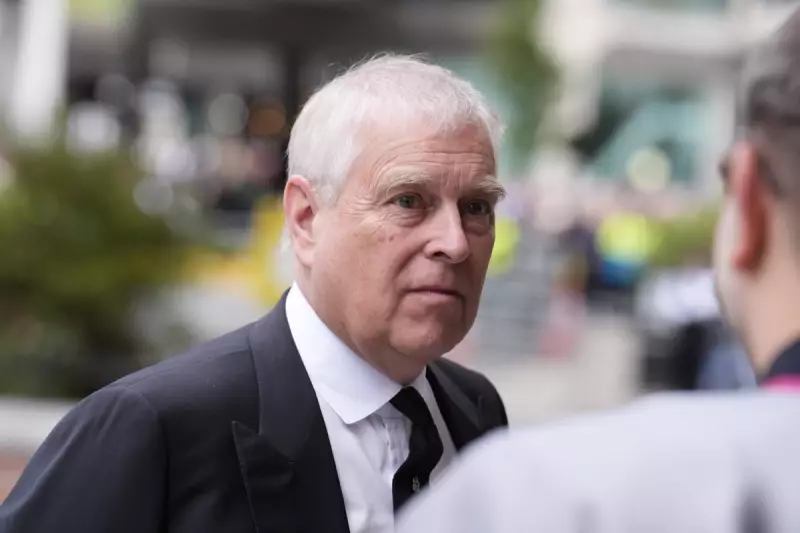
Westminster was plunged into turmoil as Commons Speaker Sir Lindsay Hoyle found himself at the centre of a political firestorm following a controversial procedural decision that has drawn ire from across the political spectrum.
Parliamentary Procedure Sparks Fury
The unprecedented move, which saw traditional parliamentary conventions set aside, has triggered one of the most significant challenges to the Speaker's authority in recent years. MPs from multiple parties expressed outrage at what they described as a "dangerous precedent" being set in the heart of British democracy.
Cross-Party Backlash Intensifies
Conservative and Scottish National Party MPs were particularly vocal in their criticism, with some senior figures suggesting the Speaker's position could become untenable if such interventions continue. The atmosphere in the Commons chamber grew increasingly tense as debates stretched late into the evening.
Defence of Controversial Decision
Despite the mounting criticism, Sir Lindsay defended his actions as necessary for ensuring proper parliamentary scrutiny. In emotional exchanges with frustrated MPs, he maintained that his decision was guided by ensuring all voices could be heard on matters of significant public importance.
What This Means for Westminster
The controversy raises fundamental questions about the role of the Speaker and the balance of power within the House of Commons. Political analysts suggest this incident could have lasting implications for how parliamentary business is conducted, potentially reshaping traditions that have governed the Commons for centuries.
As pressure mounts and calls for clarification grow louder, all eyes remain on Parliament to see how this constitutional drama will unfold in the coming days.





